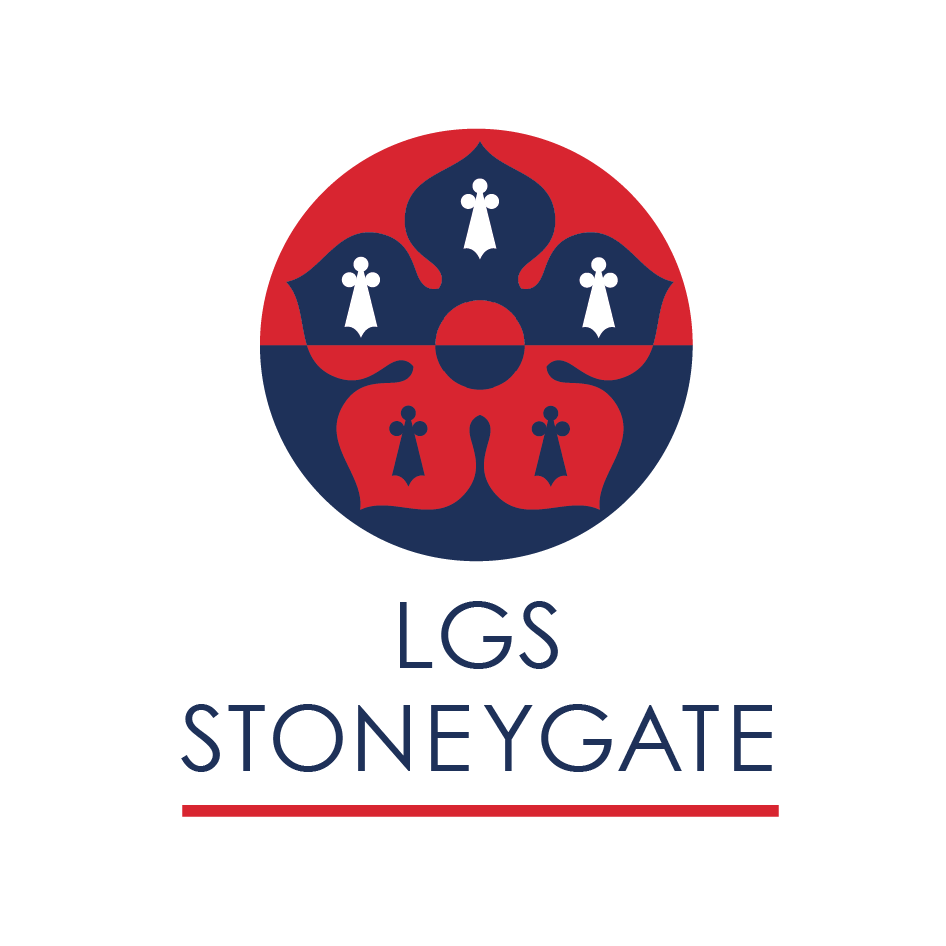Me, myself and I

I have recently taught a Year 7 Latin class the word for ‘I’. Many of you will know that it is ‘ego’, and we all will have heard people being described as having ‘a big ego’ or possibly being called ‘egotistical’ or self-centred. My young classicists will remember that ‘I am full of my own importance if I have a big ego’.
Also from the classical world you may recall that Narcissus was a beautiful youth who fell in love with his own reflection in a pool of water. Unable to tear himself away, he wasted away, eventually turning into a gold and white flower (according to Ovid’s Metamorphoses). The tale warns us of the dangers of vanity, and we use the term ‘narcissistic’ to describe someone who is full of admiration for themselves. This might not simply be a case of taking endless selfies but could actually be diagnosed as a psychiatric condition: NPD or Narcissistic Personality Disorder.
'Narcissistic’ and ‘egotistical’ could hardly be called positive adjectives, but a recent study by Queen’s University in Belfast suggests that ‘grandiose narcissists’, who have an overinflated sense of their own importance and a preoccupation with status and power, are more likely to be mentally tough and therefore able to withstand depression and perceived stress.
I don’t think this means we should teach our children to be excessively pleased with themselves! Indeed, modesty and humility are character traits that should be encouraged and which win the respect of others. However, we do want our young people to believe in themselves, to have a ‘can-do’ attitude, to grow naturally in self-confidence and to develop the resilience to cope with life’s setbacks. And we can’t truly love others if we don’t like ourselves.
So, we should never raise our children up to think they are better than everyone else, but there is nothing wrong with being very proud of them, with building their self-esteem and with encouraging them to feel confident ‘in their own skins’.
Best wishes

John Watson
Headmaster and Principal




